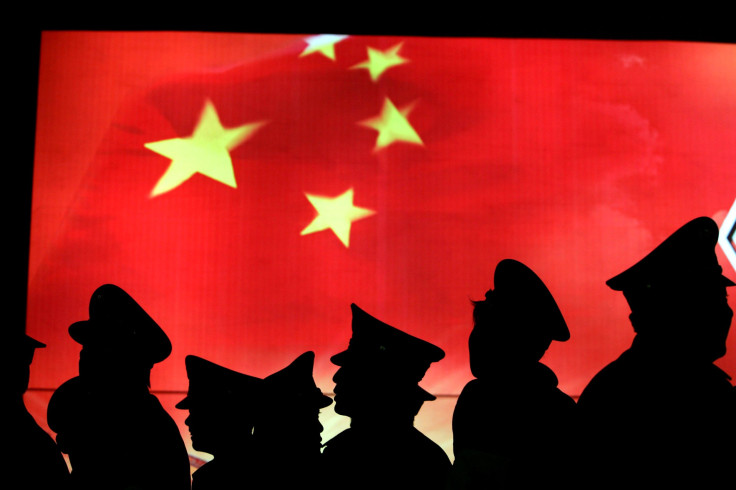China On US Senate Torture Report: America Needs To 'Clean Up Its Own Human Rights Issues'

The long-awaited U.S. Senate report on America’s controversial interrogation tactics was released Tuesday, lending China an opportunity to criticize what it sees as unacceptable human rights violations. In a news item published on the same day as the Senate report, ahead of the release, China’s state-run Xinhua News Agency suggested that the U.S. “clean up its own human rights issues.”
The 480-page report details the use of torture by the CIA to gain intelligence on terrorists after the Sept. 11 attacks, but according to Xinhua it describes just the tip of the iceberg of American human rights violations. Touching on several recent controversies like the racially charged protests across the U.S. following a grand jury decision not to indict a policeman who shot an unarmed black teenager, Darren Wilson, and the revelation of widespread NSA spying by Edward Snowden, the official Chinese organ said that the U.S. is in no position to consider itself “a defender of civil liberties.”
The editorial says that the U.S. has a double standard when it comes to dealing with its own issues, “being ‘loose’ domestically and ‘strict’ abroad."
“Besides its deeply-rooted racism, the surveillance scandal -- which targeted its own citizens as well as leaders of other countries -- and attacks on foreign soil in its anti-terror campaigns, resulting in heavy civilian casualties, have also drawn international concern,” the report said, adding that the Senate report will only add heft to China's point.
“America is neither a suitable role model nor a qualified judge on human rights issues in other countries. ... Yet, despite this, people rarely hear the U.S. talking about its own problems, preferring to be vocal on the issues it sees in other countries, including China.”
The U.S. Department of State’s Bureau of Democracy, Human Rights and Labor released a report last year on the human rights practices of Greater China that condemned the “harassment, intimidation and prosecution” of rights advocates and defenders. The lengthy report delved deeply into the specifics of Chinese human rights issues, ranging from the local authorities known as “chengguan” that have a reputation for brutal enforcement to the high-profile detention of political figures.
Additionally, just last week, U.S. President Obama discussed the human rights concerns that have arisen under the new leadership of Xi Jinping, who took the helm as president in 2012. “He has consolidated power faster and more comprehensively than probably anybody since Deng Xiaoping. … there are dangers in that. On issues of human rights, on issues of clamping down on dissent.”
Xinhua’s report loosely acknowledges China’s own shortcomings, claiming that as a developing country, it is in the process of fostering and ensuring constitutional and social rights within its borders, pointing to a government white paper that called for standardized development of human rights across the country.
© Copyright IBTimes 2025. All rights reserved.






















